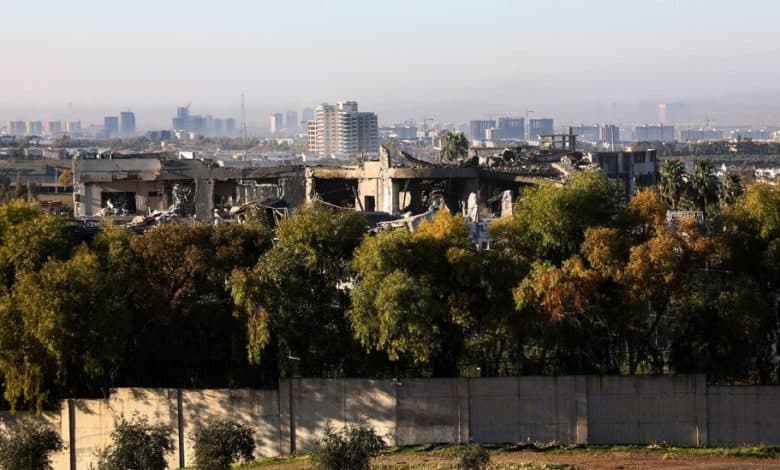Deadly Iranian Strike in Kurdistan Inflames Tensions in the Region

A deadly Iranian ballistic missile strike in northern Iraq on Tuesday drove a wedge — at least temporarily — between Baghdad and Tehran, adding to the already volatile and tense situation in the Middle East.
The Iraqi government recalled its ambassador to Tehran and summoned Iran’s chargé d’affaires in Baghdad to the Foreign Ministry after at least eight ballistic missiles launched by Iran’s Islamic Revolutionary Guard Corps struck overnight in Erbil, the capital of Iraq’s Kurdistan region, killing four civilians, including an 11-month-old girl.
The strike came amid widespread fears that the devastating war in Israel could spiral into a more deadly confrontation. The war has already sparked a low-level regional conflict between Iranian proxy forces in Iraq, Syria and Yemen and the United States and other Wester powers.
The United States, France and Britain denounced the latest Iranian attack, which shook Erbil and set off sirens at the United States Consulate and at the airport, which was forced to suspend flights.
“They are contributing to the escalation of regional tensions and it must stop,” Catherine Colonna, France’s minister for Europe and foreign affairs, said in a statement, referring to Iran.
Iran said the attack was retaliation for the suicide bombing this month that killed 84 people at a memorial procession for the revered Iranian military leader, Qassim Suleimani. The Islamic State claimed responsibility for that attack. Other Iranian missiles on Tuesday targeted Idlib, Syria, where the Islamic State still has a presence.
We are having trouble retrieving the article content.
Please enable JavaScript in your browser settings.
Thank you for your patience while we verify access. If you are in Reader mode please exit and log into your Times account, or subscribe for all of The Times.
Thank you for your patience while we verify access.
Already a subscriber? Log in.
Want all of The Times? Subscribe.